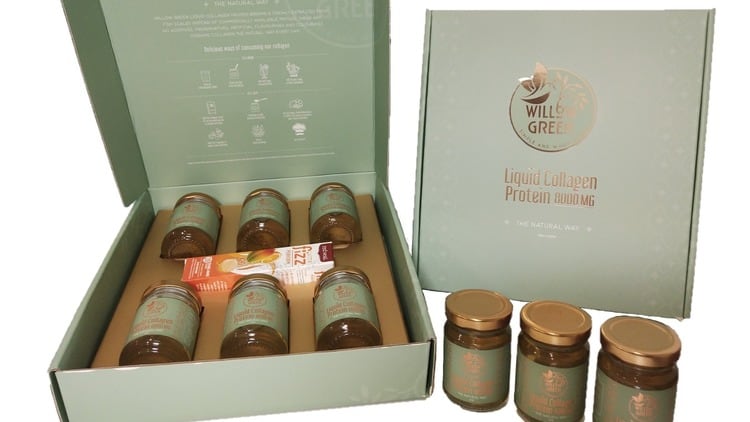In addition, the regulator is proposing health foods that have undergone animal or human clinical studies to state so on the products, as well as the scientific rationale behind the health claims made.
The proposals were announced on May 31 and will be open for public consultation for 60 days from June 1.
“Considering that foods containing fish oil as raw material could pose a risk to specific groups of consumers and cause drug interactions in patients consuming certain medicines, it is proposed that health foods containing fish oil as raw materials should be labelled with warning statement.
“This will include ‘infants, pregnant women, diabetes patients or those currently consuming anti-coagulants and are suffering from blood coagulation disorders, should consult the doctors before consuming the product’, or statements that come with similar meaning,” the Taiwan FDA statement said.
As for health foods containing red yeast rice, it should at least include the warning that “this product, when used together with medicines that lower blood lipids, such as statin and fibrate, or when taken with grapefruit, could cause liver, kidney damage, or rhabdomyolysis.”
Rhabdomyolysis is a serious medical condition that can be fatal or result in permanent disability, according to the US Centers for Disease Control and Prevention.
It occurs when damaged muscle tissue releases its proteins and electrolytes into the blood, and the substances can in turn damage the heart, kidneys, and cause permanent disability or even death.
Once the regulation comes into effect, domestically produced goods that were made before the policy implementation date, could continue to be sold in the market until their expiry date. The same applies for overseas goods that were imported before the policy start date.
Health foods should state functional ingredients
On the other hand, the regulator has proposed that health foods should state the functional ingredient and the amount contained on the packaging.
Products that have gone through animal experiments to assess their effectiveness should state that “based on animal experiments, [the product] could aid a specific health functional claim.”
Products that have gone through human clinical tests should also make a similar statement.
Products with functional claims that have not been validated by experiments should state that “the functionalities were made based on scientific principles and not validated by experiments.”





